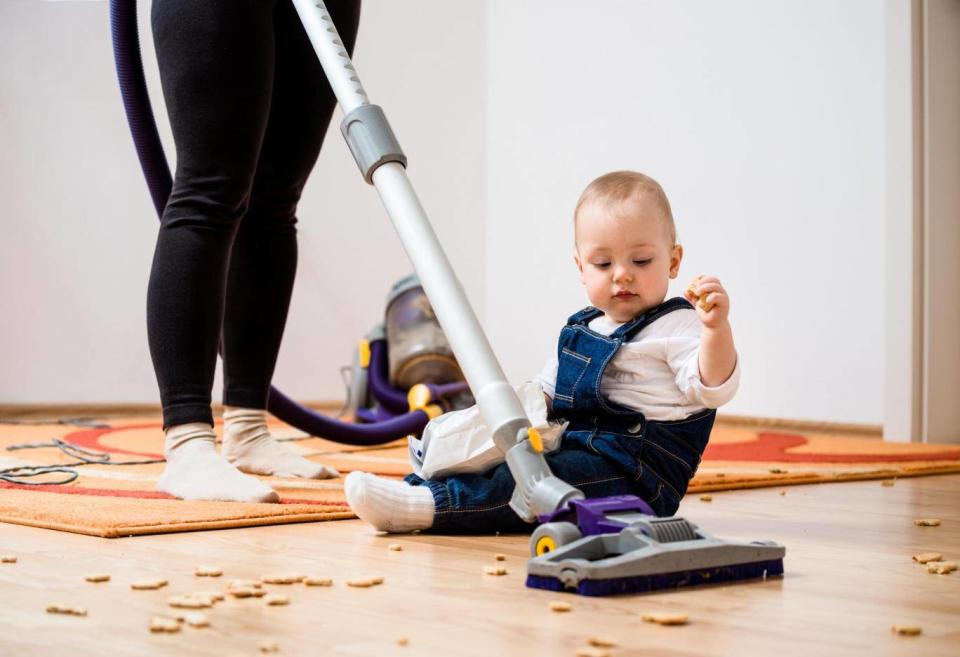Asking children to be 'little helpers' makes them less likely to help, study finds

Being called “mummy’s little helper” may do a child more harm than good, according to a new study.
Although the endearment may seem positive, psychologists found the term actually makes children less likely to stick to a task they find difficult.
The new study, published in the journal Child Development, found that asking children “to help” is much more effective - as it encourages them to continue working even after they encounter a setback.
The difference has to do with the types of words, according to the researchers, with verbs to talk about actions leading to more resilience - whereas noun words such as “helpers,” “readers” or “artists” were found to not have the same effect.
Of the findings, senior author Professor Marjorie Rhodes, of New York University, said: "The new research shows how subtle features of language can shape child behaviour in ways not previously understood.
"In particular, using verbs to talk to children about behaviour - such as 'you can help' - can lead to more determination following setbacks than using nouns to talk about identities - for instance, 'you can be a helper'."
The study contradicts an earlier study published in 2014 which suggested asking children to “be helpers” led them to help more.
The difference between the studies is the focus on setbacks - and what happens after a child experiences one.
In the new study, researchers found that asking children to “be helpers” backfires once something goes wrong with the task they were assigned.
To study the differences that language choice has on children’s perseverance, the researchers designed experiments in which participants aged four to five were asked to be “helpers” or “to help.”
In each situation, the children encountered a problem such as a box falling over and spilling its contents on the floor after they’d already cleaned it up - real-life situations that they are likely to experience, according to Professor Rhodes.
The findings showed that children who were asked “to help” were much more resilient after a setback compared to “helpers.”

Following the setbacks, children asked “to help” were just as likely to help in challenging situations that benefited only the experimenter as in easy situations that only benefited themselves.
In comparison, children who were asked “to be helpers” rarely helped in challenging situations after a setback and only did so when it was easy and benefited themselves.
In conclusion, doctoral student Emily Foster-Hanson, who led the study, said: “This research shows how talking to children about actions they can take - in this case, that they can do helpful things - can encourage more persistence following setbacks than talking to children about identities that they can take on.”


